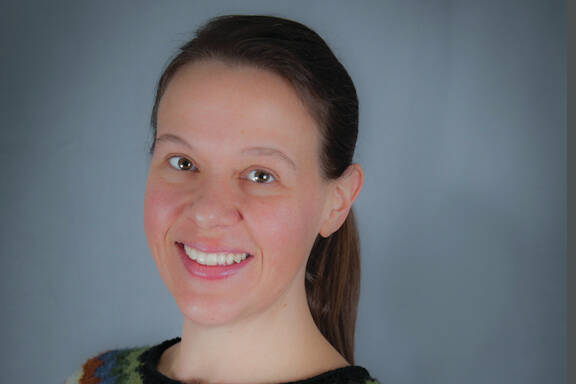As an addiction medicine physician working in tribal health who has treated patients with opioid use disorder (OUD) in rural Alaska for more than a decade, I have witnessed firsthand the struggles patients face in accessing addiction care. When temporary regulations during the COVID-19 pandemic allowed patients to receive treatment via telehealth, I saw an essential lifeline extended to Alaskans living in rural areas with few or no treatment options. But these telehealth flexibilities will disappear unless Congress acts.
The bipartisan Telehealth Response for E-prescribing Addiction Therapy Services (TREATS) Act would permanently allow patients with OUD to access buprenorphine — a medication proven to reduce overdose deaths — remotely without a prior in-person evaluation. I applaud Sen. Lisa Murkowski for introducing this legislation, and I encourage Sen. Dan Sullivan to support the Act as well.
The case for telehealth is clear: Deaths from fentanyl overdoses increased by 150% in Alaska in 2021, with death rates in Alaska Native people triple that of white Alaskans. Buprenorphine dramatically reduces mortality and increases retention in treatment and abstinence rates, but access to this lifesaving medication is limited in rural communities.
In fact, most of Alaska’s 170 tribal village clinics are located off the road system and staffed only by Community Health Aide Practitioners, with licensed providers such as doctors, nurse practitioners, or physician assistants only able to visit a few times — or even less than once — a month. To make matters worse, long-standing stigma surrounding medications for OUD has caused many rural tribal clinics to shy away from offering this treatment. There are huge tribal health regions, such as the 115,000-square-mile Arctic Slope & Norton Sound region, which have zero buprenorphine prescribers.
The costs associated with obtaining treatment are also a huge barrier. The cost for a patient to travel from a remote village in Northwestern Alaska to my specialty clinic for an in-person visit could easily exceed $1,500. Even for non-Natives who live on the Kenai Peninsula, the majority live more than 20 miles from the clinic, and the nearest pharmacy is 35 miles from our clinic. Most of our patients are low income and may not own an operational vehicle or have a valid driver’s license; those that do may not be able to afford gas for the more than 70 miles it takes to travel round trip.
The flexibilities around telemedicine introduced during the COVID-19 pandemic allowed many people living in remote areas to access treatment for OUD for the first time, and the results speak for themselves. Studies have since shown that patients who use telemedicine to access medication for OUD have treatment retention and overdose reduction rates similar or superior to patients receiving in-person care.
Most of my patients receive care both via telemedicine and in person, and this flexibility has greatly increased our ability to support their retention in treatment, as well as improve patient satisfaction. By offering telemedicine to all patients for their intake appointment, we’ve dramatically reduced our no-show rates. We’ve also been able to offer a more flexible schedule so patients can get same day telemedicine appointments for urgent care. And our ability to offer audio-only visits has also been critical, as internet connectivity or other technological barriers often make video calls impossible in remote areas.
Allowing patients to permanently access buprenorphine via telemedicine will help address the opioid overdose epidemic. Telemedicine for OUD has proven to be safe and effective and can dramatically increase treatment access to vulnerable and disadvantaged Alaskans, especially those living in remote areas and those experiencing poverty. Our senators and Congresswoman Mary Peltola should support the TREATS Act, as doing so will save lives.
Sarah Spencer, DO, FASAM is an addiction medicine physician in Anchor Point.


